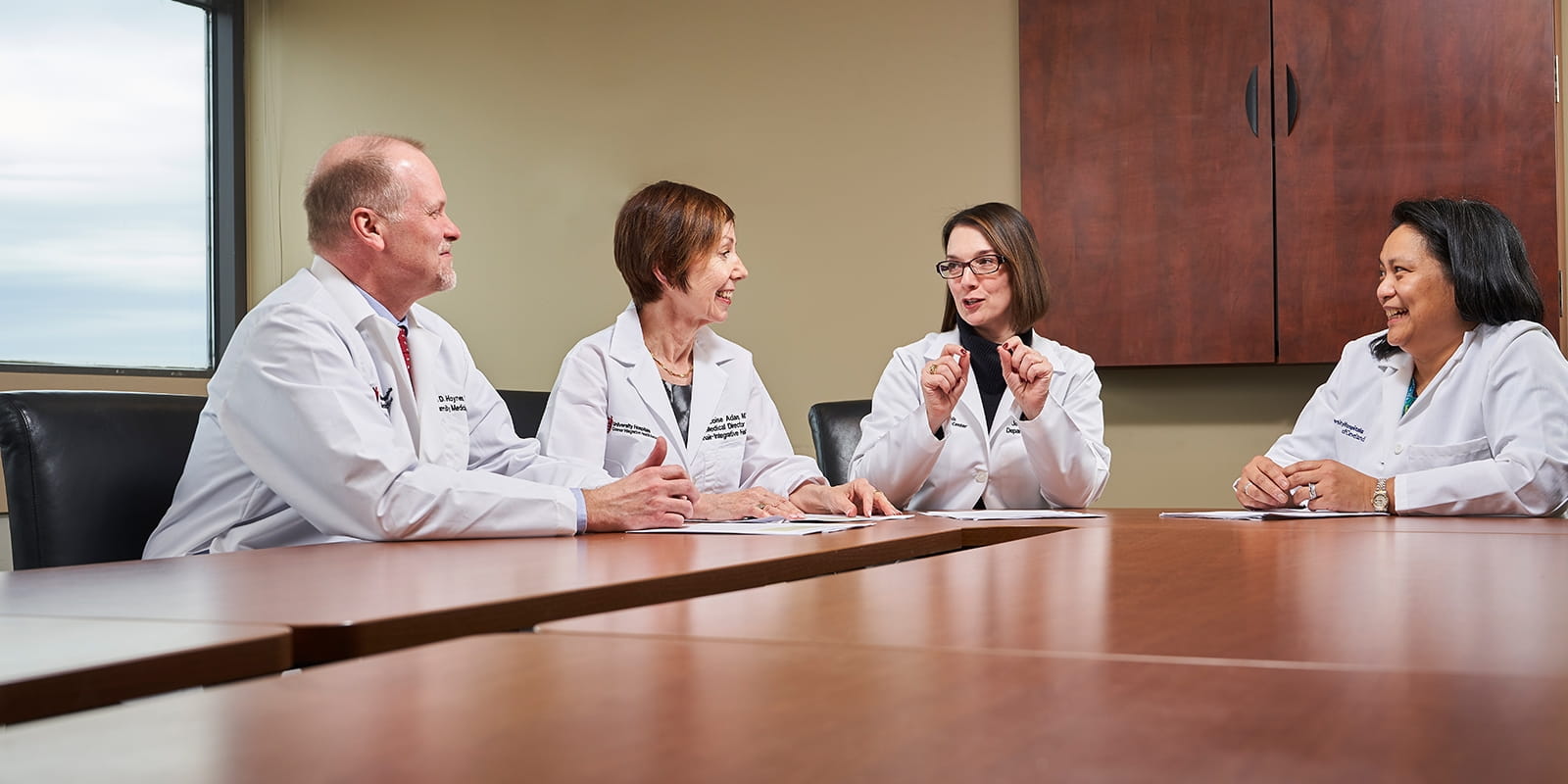UH’s Comprehensive Approach to Mitigating the Opioid Epidemic

The opioid crisis continues to cause undue heartache and substantial harm across the country. To help combat the problem, UH launched a multi-pronged strategy.
UH looked at the problem holistically.
Opioids still serve as a necessary pain management option for many patients; however, we need to ensure other options are explored. In fact, UH Connor Integrative Health Network launched a pilot this year at select emergency room and urgent care locations to treat patients with acupuncture for their pain as an alternative to opioids. But, when opioids are the right choice, our goal is to make sure they are used safely. Accordingly, we created the UH Pain Management Institute. This institute brings together healthcare providers from multiple disciplines across the UH system, including primary care, internal medicine, anesthesiology, surgery, emergency medicine, pediatrics, psychiatry, pain management and UH Connor Integrative Health Network to optimize patient care and treat patients who have pain – whether physical pain, psychological pain or a combination of both.
We developed unique tailored programs.
This year, the UH MOMS (Maternal Opiate Medical Support) clinic opened at UH Rainbow Center for Women & Children. This patient-centered specialty clinic enables women to receive prenatal care and addiction treatment simultaneously with a core group of providers. Additionally, women are given the opportunity to meet with neonatology, psychiatry, social work and more during their prenatal care. Mothers are followed for up to one year postpartum. Also in 2018, generous support from multiple sources enabled UH to roll out Medically Assisted Treatment programs that cover costs for inpatient treatment for select Northeast Ohio residents.
We invested in technology.
To help identify patients at risk for misuse, UH’s electronic medical record allows providers to view information about a patient’s prior use of controlled substances before issuing a prescription. And upon inpatient discharge, the UH Care Continues platform provides real-time opioid surveillance and tracking, prompting the care coordination team to evaluate patient pain needs and risk factors for addiction or opioid use disorder. The system also facilitates care navigation to alternative, non-pharmacologic pain treatment modalities. And, UH launched electronic prescribing of controlled substances to help curtail drug diversion.
We developed a uniform education program.
UH clinicians and support staff now use a toolkit that facilitates consistency of care across the UH system. And we have developed educational programming for residents and fellows on how to safely prescribe opioids and manage opioid use disorder. Additionally, a recent partnership with the Alcohol, Drug Addiction and Mental Health Services Board of Cuyahoga County will facilitate the training of physicians and nurses as acupuncture detoxification specialists.
We joined forces with others in the community.
UH is one of five hospital systems collaborating for solutions as part of the Northeast Ohio Hospital Opioid Consortium. By sharing our collective programs, we can make a much bigger impact in the community.


